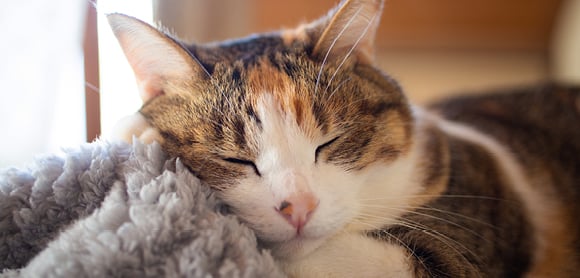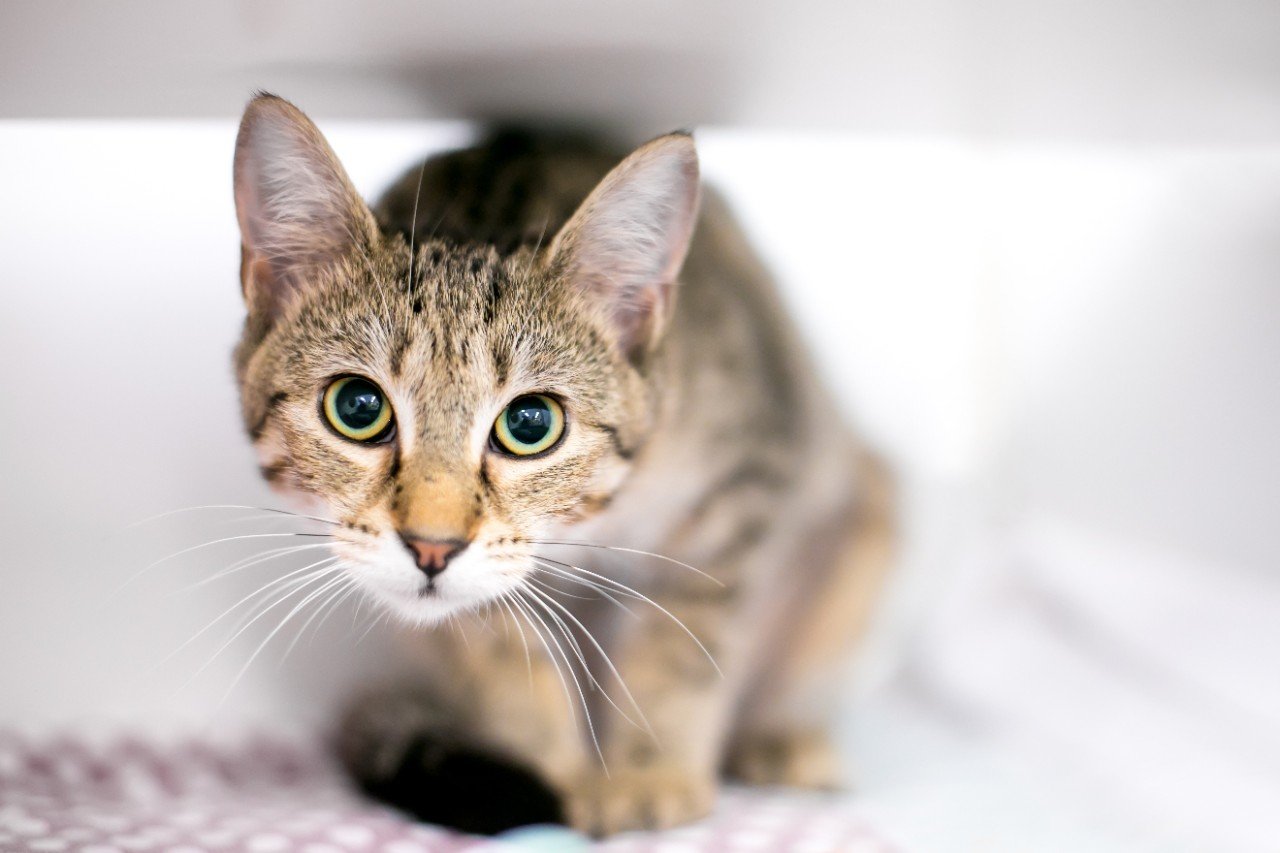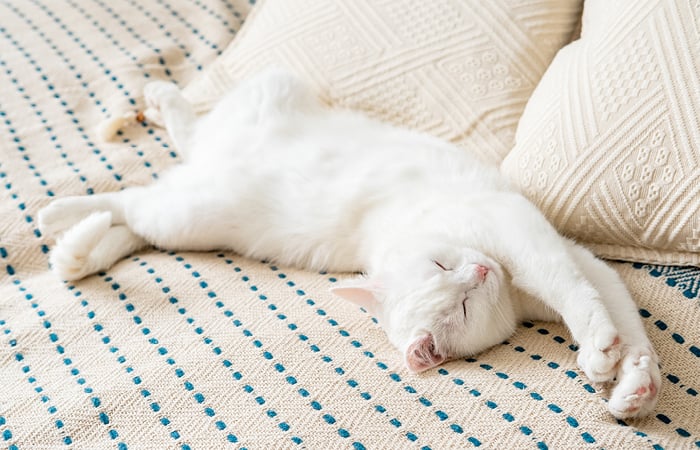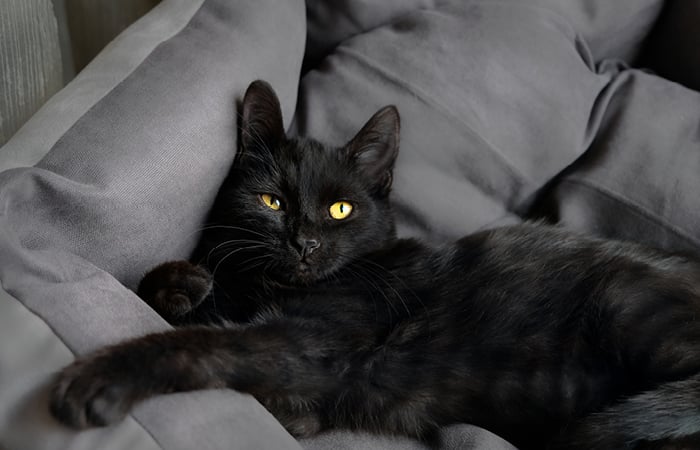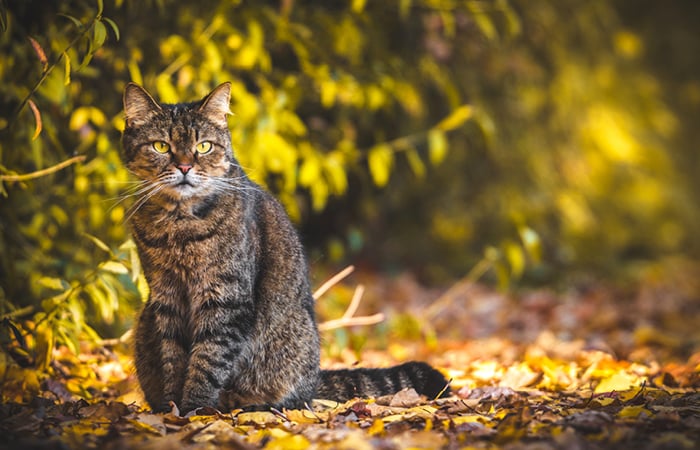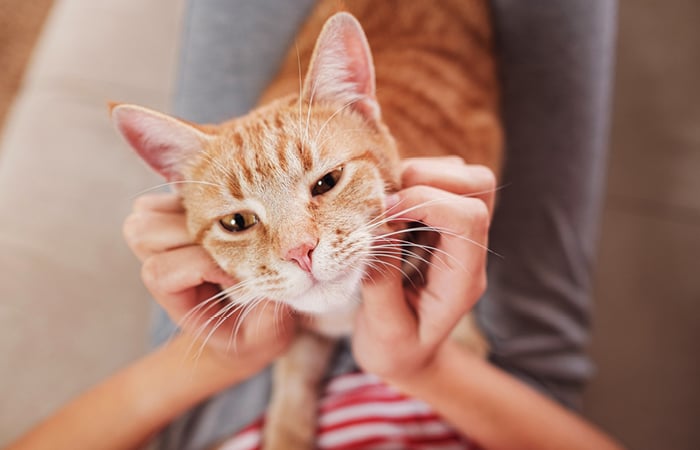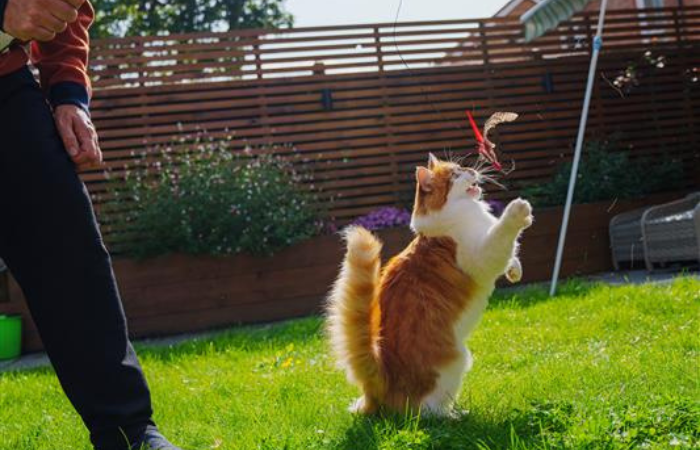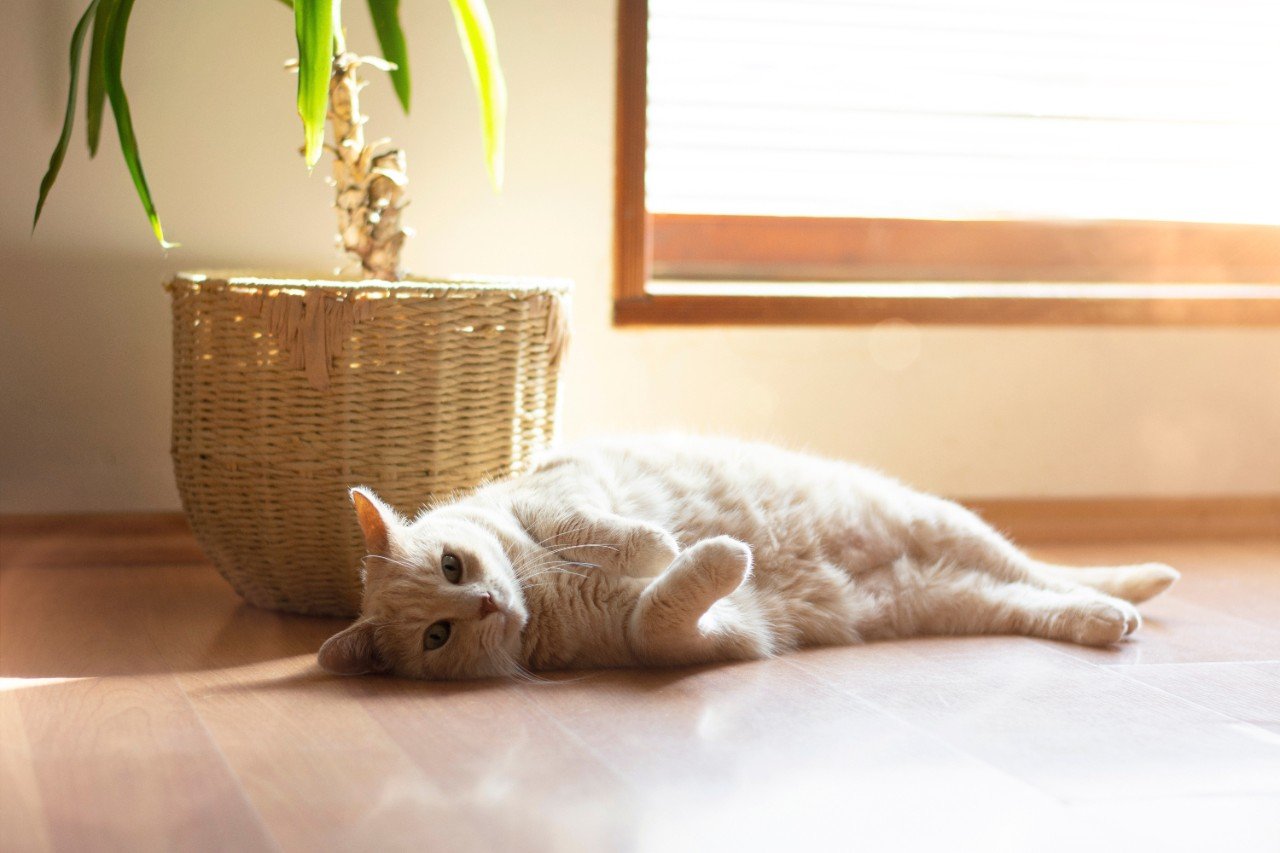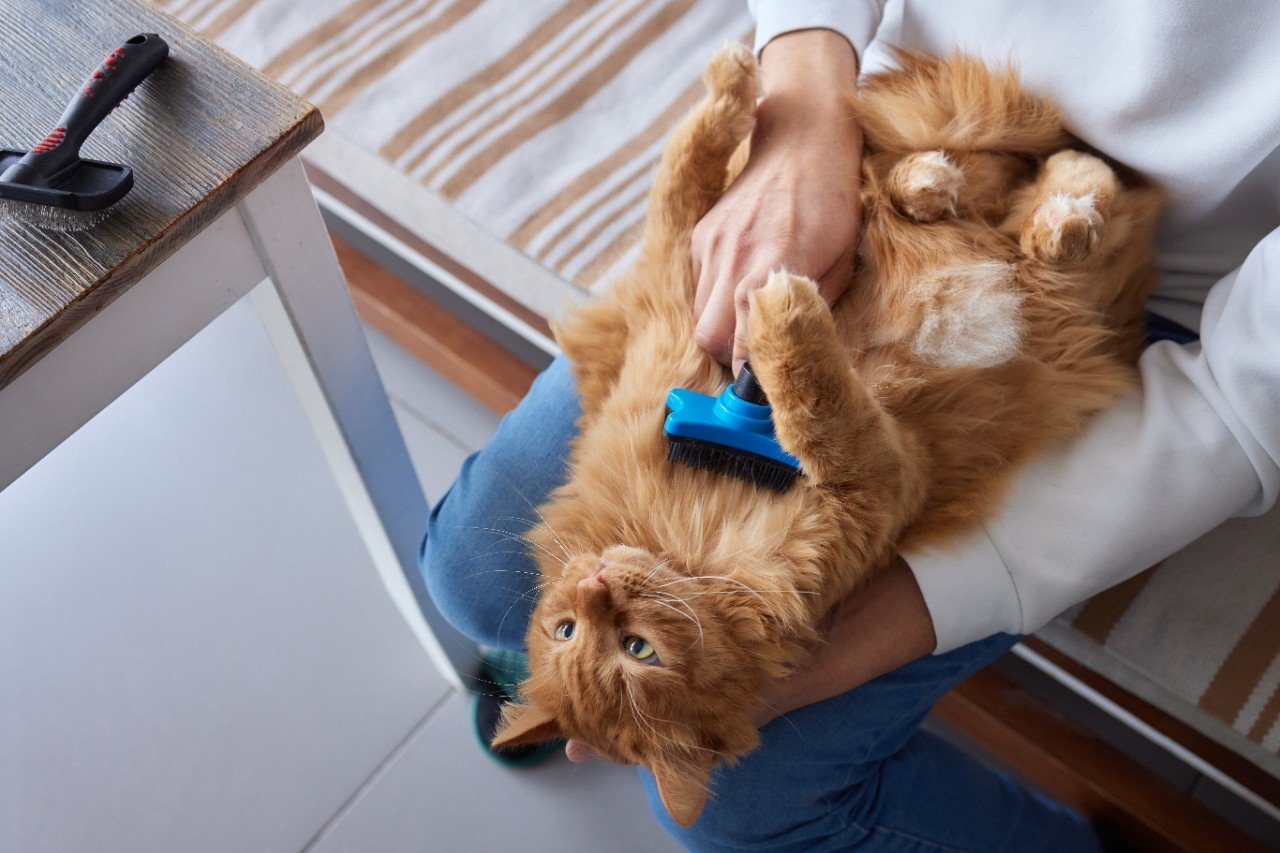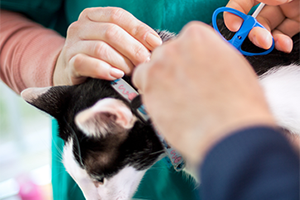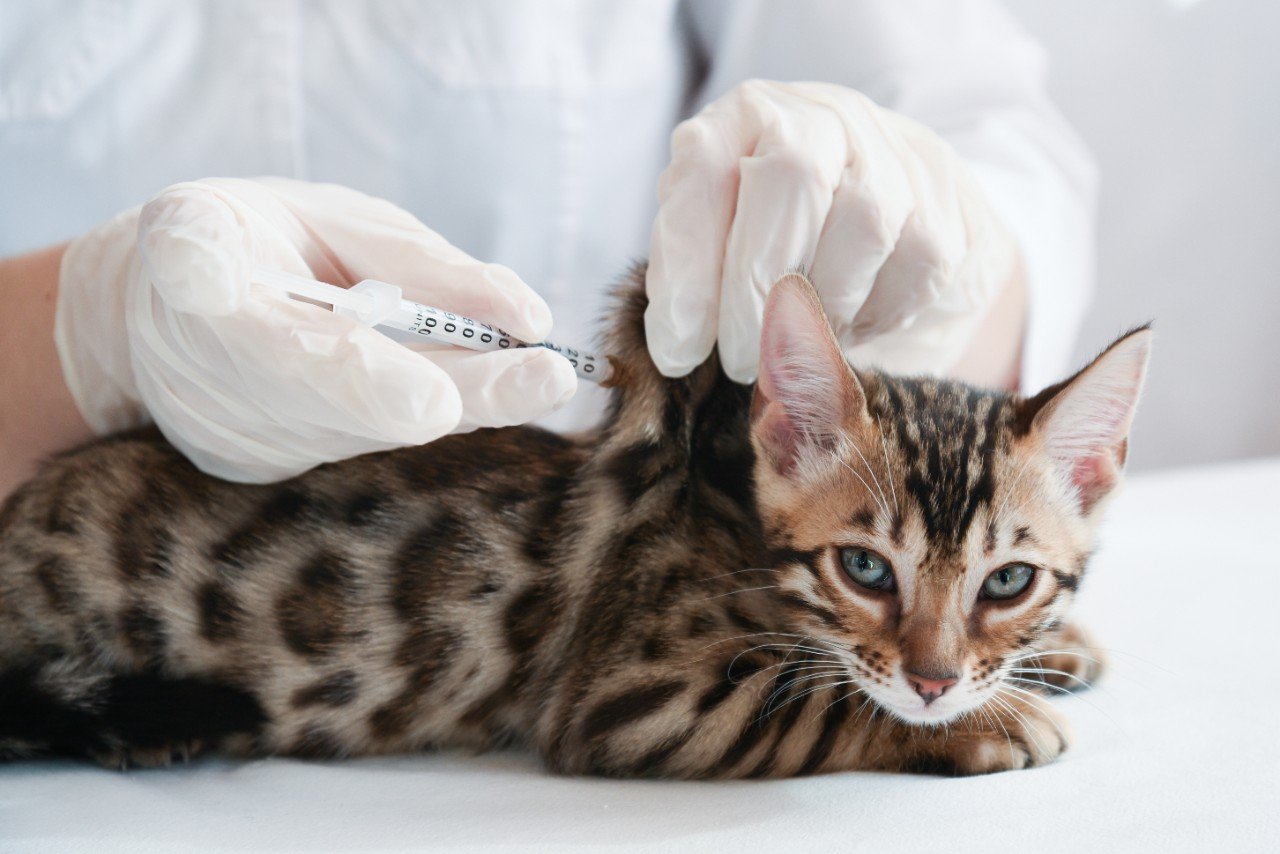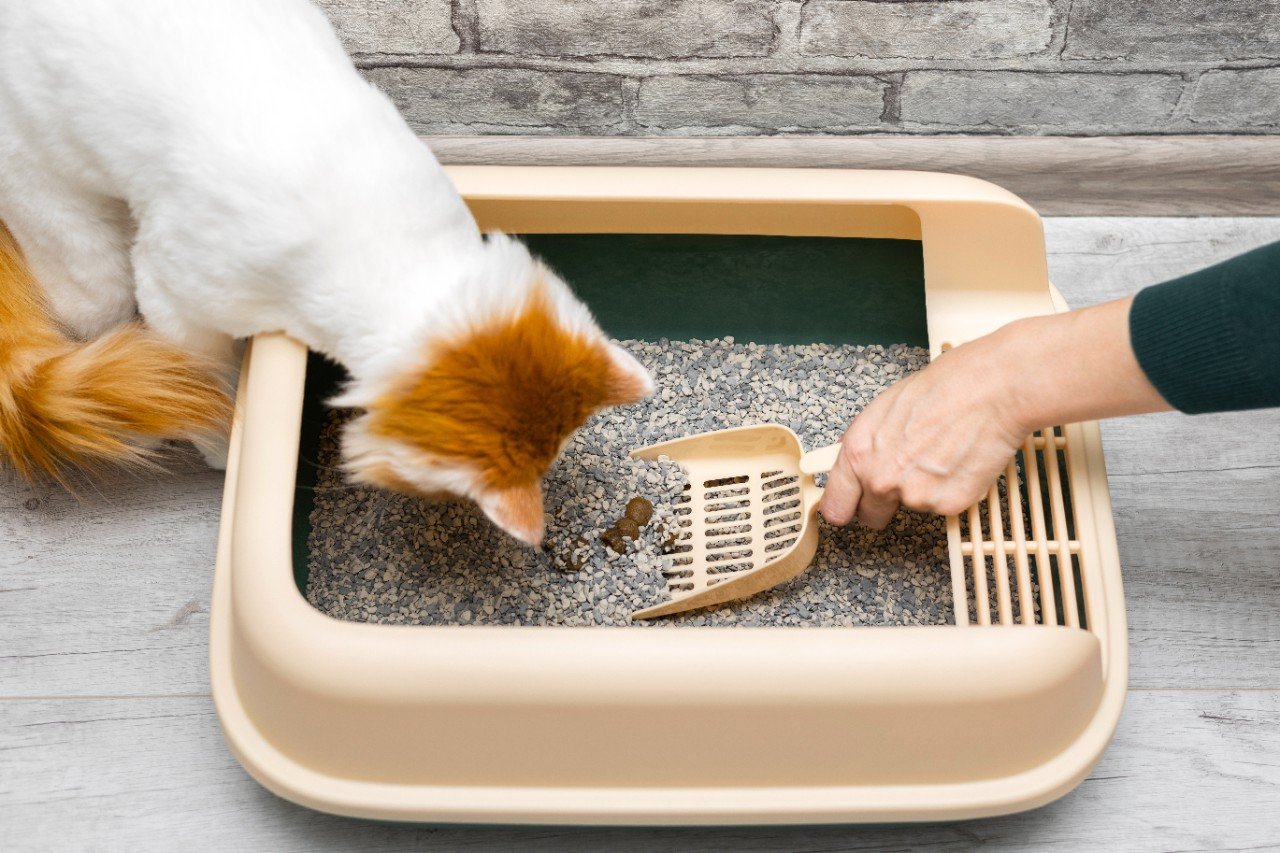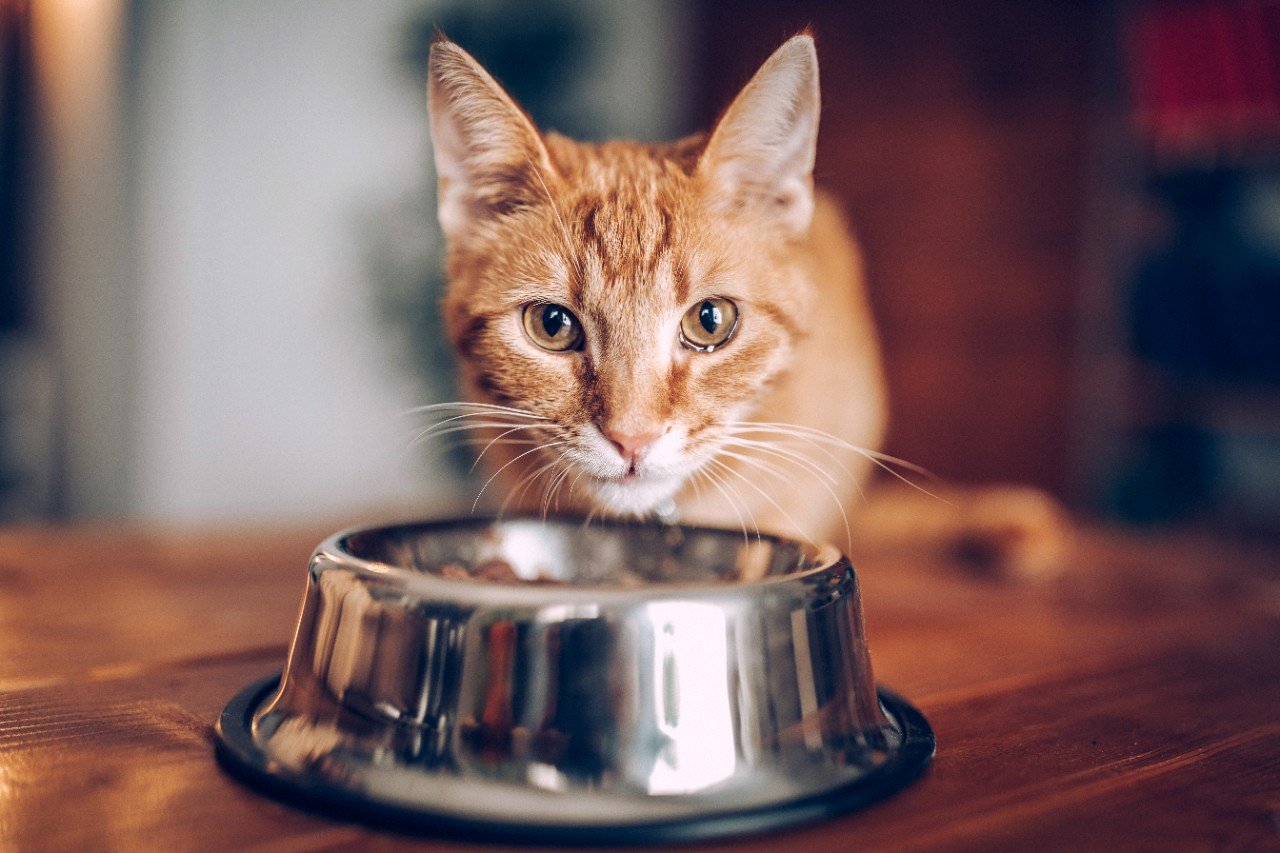
Devon Rex

An extroverted breed who never fails to entertain
Vital stats
Swipe to view more
| Size: | Medium |
| Coat: | Short and curly |
| Life span:9 | 10 – 15 years |
| Temperament: | Mischievous, playful, extroverted |
Devon Rex personality & temperament

- A real cat for dog-lovers, the Devon Rex is a great companion and family pet – as long as you have lots of time to play and don’t mind putting the work in.
- The Devon Rex cat personality is more like that of a dog; they can make very loyal and loving pets. They enjoy playing and using up all their energy and then curling up with you on the sofa for a nice nap.
- This is an intelligent, active and outgoing breed, and they get on well with older children and other animals, if socialised early on and carefully introduced.
- The Devon Rex temperament is affectionate and attention-seeking, and this breed makes a rewarding family pet who’ll have the whole family in stitches with their antics.
Devon Rex food & diet

This low-maintenance breed doesn’t have any specific dietary requirements, but they do need a high-protein diet to keep them healthy.
- The best food for Devon Rex cats is a good-quality, low-grain adult cat feed that’s high in protein. However, it’s advisable to feed your Devon Rex kitten food for the first year of their life before gradually moving them on to an adult formula.
- It’s also important to maintain hydration, so a mix of wet and dry food is always advisable, as well as fresh water placed away from their food bowls as all cats like to eat and drink in separate locations.
- Like all cats, the Devon Rex is an obligate carnivore so a meat-based diet is essential.
- This is a hardy cat breed so you don’t need to worry too much about any specific nutritional issues, as long as you feed your Devon Rex a healthy cat diet that includes a mix of wet and dry cat food.
Devon Rex grooming & coat care

This curly-haired cat is a low shedder, but their coat is more delicate than most so grooming should be careful and gentle.
- Due to their coat, which is less water resistant and less insulating than other breeds, this is a cat that may physically benefit from an indoor lifestyle, as long as they are provided with opportunities for play and stimulation to prevent boredom.
- The unique rippled coat of a Devon Rex is a result of their curly-coated feline ancestors and lack of guard hairs; combined with their gorgeous sand-coloured markings it makes them look like a sandy beach – so they fit right into their namesake county!
- Less likely to moult than other breeds, Devon Rex cats do not need excessive human grooming, and their fur is prone to breaking thanks to their short, downy undercoat. Gently wiping the fur with a damp cloth occasionally will be adequate.
- Over-grooming a cat with short hair, like the Devon Rex, too much can lead to bald patches and an unhealthy coat so be extra gentle.
- Their large ears collect earwax, which your cat will be unable to clean themselves. To avoid ear infections, you’ll need to clean your cat’s ears regularly. Discuss this with your vet for more advice.
- The Devon Rex’s short hair can also mean your cat is sensitive to temperature, so it’s important to bear this in mind when providing cool or warm spots for them to sleep.
- Be careful around their face - Devon Rex’s whiskers are liable to crinkle and be quite stubbly. Cats need whiskers for balance, communication, judging distances and sensing air pressure and direction. Try to be particularly gentle when grooming the face.
Devon Rex training & behaviour

This fun-loving, impish breed has high energy levels and a low boredom threshold - but that can make for an extremely rewarding training relationship.
- Devon Rexes are intelligent and playful, so cat training using positive reinforcement techniques is perfectly possible. However, because of their intelligence they can become bored easily so keep training sessions short and rewarding.
- The Devon Rex needs a lot of exercise and many owners describe them as perpetual kittens so be prepared for some high energy playing sessions from the word go long into adulthood!
- Due to their high intelligence, the Devon Rex breed does need plenty of stimulation. To stop your cat from becoming disinterested, make sure you have some good cat games and toys on hand to keep them amused.
- A Devon Rex can easily be taught to play fetch so if you’re prepared to put the time in and work out what motivates your cat, the rewards can be high.
- The Devon Rex also likes to jump and climb so the best toys for these cats are cat trees and perches - not least to save the tops of your cupboards. If these levels aren’t introduced to their daily life you may find your Devon Rex in surprising places, like that difficult-to-reach spot on the top of your wardrobe or even on top of open doors!
- Like most cats, Devon Rexes are excellent jumpers, so you’ll also want to be vigilant when leaving open food containers on your counters or tabletops. This breed won’t be shy about helping themselves to that lovely roast chicken before you and your family carve it!
Common Devon Rex health conditions

What to know before you buy or rehome a Devon Rex cat

Bringing a Devon Rex cat home might be the best decision you ever make but there are some things you need to bear in mind before you take the leap.
- Because of their thin coat and their high price tag, this is a cat you may want to keep indoors to protect them from the elements as well as thieves.
- This is a breed which loves to explore, and will need a lot of playtime and stimulation. If you work long shifts or are out of the house a lot, you may find a more independent breed, like the Russian Blue, is more suited to your lifestyle.
Devon Rex frequently asked questions
Devon Rex insurance considerations
We always offer these things as standard:
Physiotherapy & pet therapies
Along with physiotherapy, which is covered within the Vet Bills benefit, we also cover Pet Therapies like herbal medicine, homeopathy and acupuncture. You can also claim for hydrotherapy, up to £500 per illness/injury in dogs and cats (no additional limit for rabbits).
Petplan is a trading name of Pet Plan Limited (Registered in England No. 1282939) and Allianz Insurance plc (Registered in England No. 84638), Registered office: 57 Ladymead, Guildford, Surrey GU1 1DB.
Pet Plan Limited is authorised and regulated by the Financial Conduct Authority. Financial Services Register No. 311969. Allianz Insurance plc is authorised by the Prudential Regulation Authority and regulated by the Financial Conduct Authority and the Prudential Regulation Authority. Financial Services Register No. 121849. Pet Plan Limited is a subsidiary of Allianz Insurance plc.

